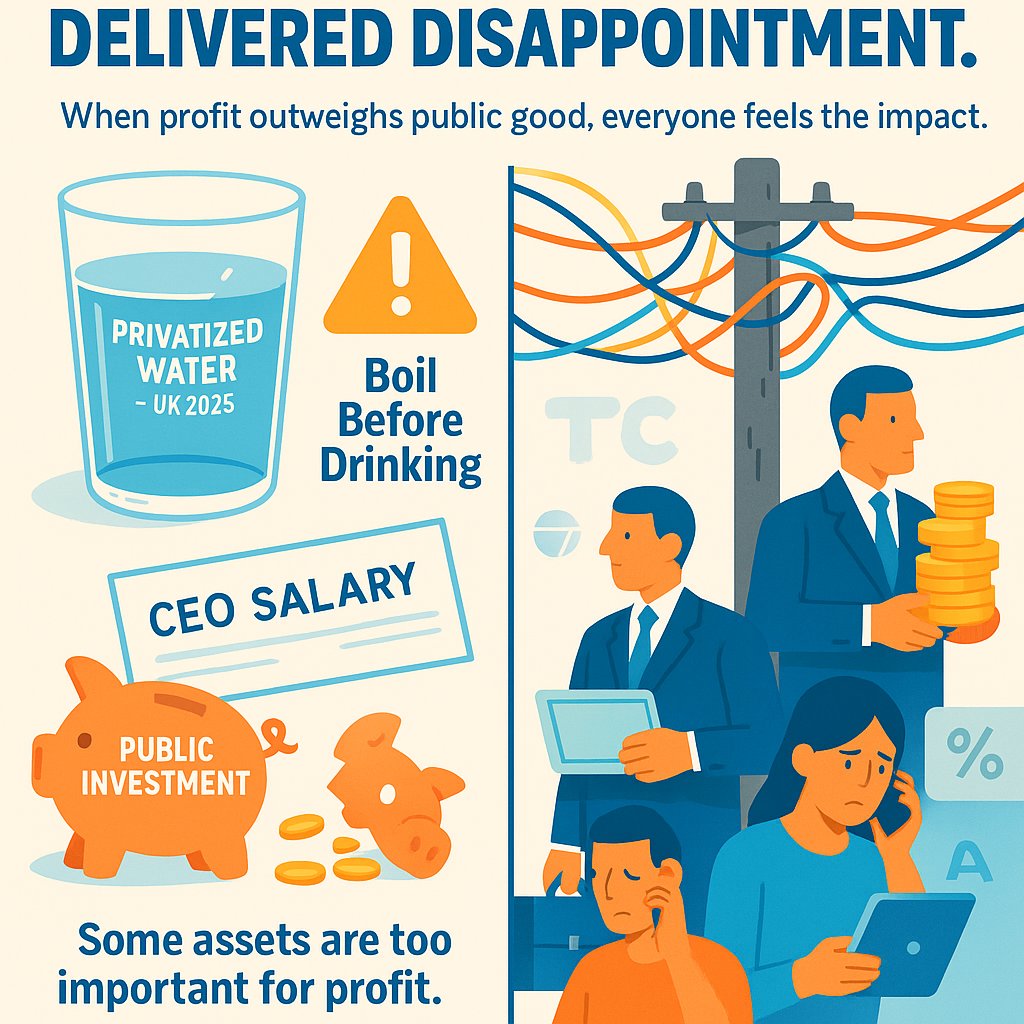1/ I've just accomplished something no economist has done in 80 years.
For the first time ever, I've created the complete accounting model of Keynes' revolutionary "Bankor" proposal the international monetary system that could have prevented decades of financial crises.
For the first time ever, I've created the complete accounting model of Keynes' revolutionary "Bankor" proposal the international monetary system that could have prevented decades of financial crises.

2/ Most economists still think money is just "fancy barter" between two parties. This primitive thinking dominates every economics textbook worldwide.
But here's the reality they're missing: every transaction involves THREE parties, not two.
But here's the reality they're missing: every transaction involves THREE parties, not two.
3/ This is what Italian economist Augusto Graziani called the "triangular approach" to money.
Every purchase involves a buyer, a seller, and a BANK. The bank is the crucial third agent that enables the transfer to occur.
Every purchase involves a buyer, a seller, and a BANK. The bank is the crucial third agent that enables the transfer to occur.
4/ Keynes understood this 80 years ago when he proposed Bancor for international trade.
His elegant system would have used domestic currencies internally, bank reserves between institutions, and Bancor for international transactions.
His elegant system would have used domestic currencies internally, bank reserves between institutions, and Bancor for international transactions.
5/ Instead, we got Harry Dexter White's imperial vision where the US dollar serves BOTH domestic AND international functions.
This distorted system has given us 80 years of currency wars, trade imbalances, and recurring financial crises.
This distorted system has given us 80 years of currency wars, trade imbalances, and recurring financial crises.
6/ My new accounting model reveals exactly how Bankor would have worked:
Countries with persistent deficits would hit limits and devalue. Countries with surpluses would pay interest to developing nations.
Countries with persistent deficits would hit limits and devalue. Countries with surpluses would pay interest to developing nations.
7/ What we lost was a system designed to minimize imbalances and encourage global growth.
What we gained was a rigged system benefiting one nation at everyone else's expense.
What we gained was a rigged system benefiting one nation at everyone else's expense.
8/ The beauty of using double-entry bookkeeping for economic modeling is that it prohibits logical errors.
Most economic models ignore banks, debt, and money itself, like studying flight while pretending wings don't exist.
Most economic models ignore banks, debt, and money itself, like studying flight while pretending wings don't exist.

• • •
Missing some Tweet in this thread? You can try to
force a refresh










